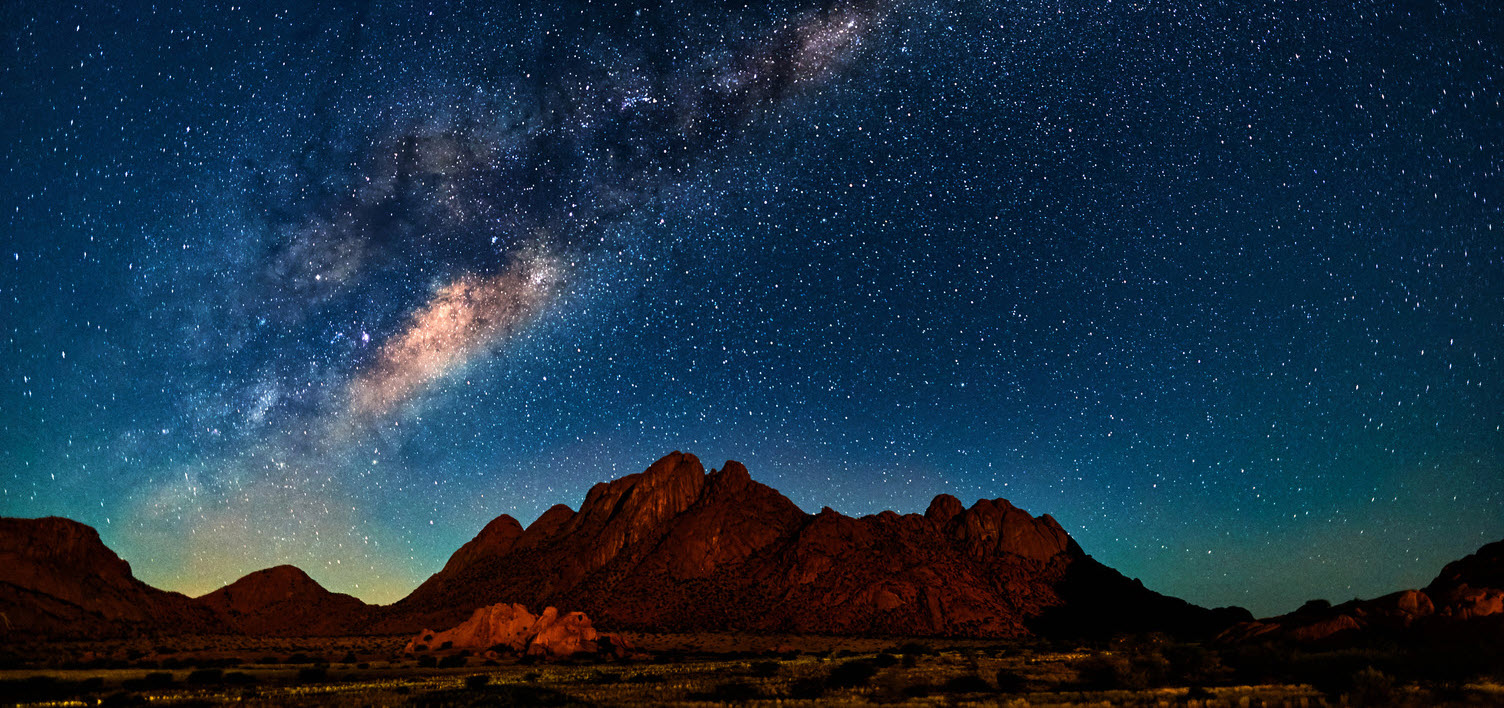
Nominations are closed for 2025
Career Stage
Early Career
Award Type
Union Award
Of Note
Invitation to present at annual meeting;
Only open to non-US-based candidates;
Self-nomination permitted
Only open to non-US-based candidates;
Self-nomination permitted
Submission Window
3 January - 14 March
Established 2015
Recognizing African Scientists Making Outstanding Early Career Contributions to Space Science
The Africa Award for Research Excellence in Space Science is given annually to an early career scientist from the African continent in recognition of significant work that shows the focus and promise of making outstanding contributions to research in space science.
Established in 2015 by the generosity of Sunanda Basu, this award supports diversity in the Earth and space science community by recognizing excellence in research by African scientists and expanding opportunities for international collaboration on the African continent.
Honor Benefits
Recipients receive the following:
- A $1,000 prize
- An engraved award
- A three-year AGU membership
- Recognition at AGU's annual meeting the year the honor is awarded
- Travel support and meeting registration through the Lloyd V. Berkner Travel Fellowship Fund
- An invitation to present at AGU's annual meeting the year the honor is awarded
- Two tickets to the Honors Banquet at AGU's annual meeting the year the honor is awarded
Criteria for a Successful Nomination
Nominees are evaluated on the following:
- The quality and impact of the nominee’s work on their field.
- The extent to which the nominee’s work reaches a broad or traditionally underrepresented audience.
- The originality/innovative nature of the nominee’s work.
Eligibility
Nominee
The nominee must be:
- a citizen or permanent resident of a country on the African continent
- an early career scientist within 10 years of receiving their Ph.D. from an African institution
Nominators
Nominators/co-nominators must be active AGU members.
All Parties
Must be in compliance with AGU's conflict of interest and professional conduct policies.
Read AGU's Ethics Policies 
